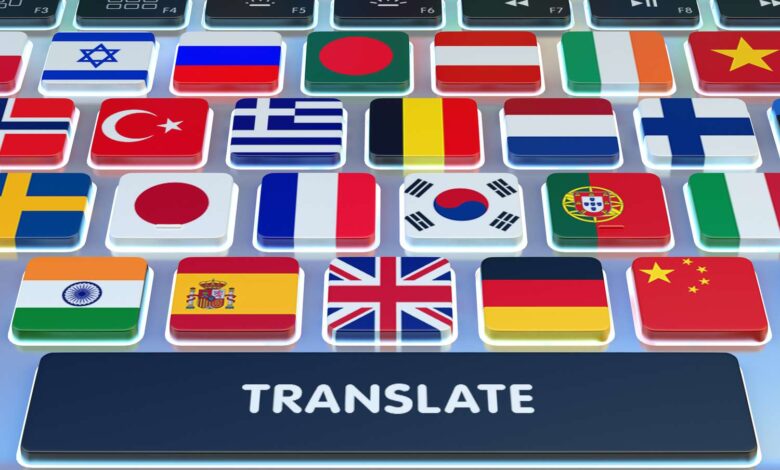How to Translate Arabic Legal Documents with Accuracy
Navigating the Intricacies of Legal Linguistics: A Guide to Accurate Arabic Legal Translation

Legal documents are the backbone of any judicial system, ensuring clarity, compliance, and protection of rights. When it comes to translating Arabic legal documents, the stakes are high. A single misinterpretation can lead to legal disputes, financial losses, or even damaged reputations. Given the intricacies of the Arabic language and the specificity of legal terminology, achieving accuracy is a meticulous task. Here’s a guide to help you navigate the complexities of translating Arabic legal documents with precision.
1. Deep Dive into Legal Terminologies
Arabic legal jargon can be vastly different from its English counterpart. Before embarking on the translation:
- Familiarize yourself with Arabic legal terminologies and their English equivalents.
- Invest in specialized legal dictionaries and reference materials.
- Understand the context in which certain terms are used to ensure appropriate translation.
2. Maintain Consistency
Legal documents often repeat specific terms and phrases for emphasis and clarity. Ensure that:
- The same Arabic term is translated consistently throughout the document.
- Create a glossary of terms for longer projects to maintain uniformity.
3. Respect the Original Structure
While it might be tempting to rephrase sentences for clarity, it’s crucial to:
- Maintain the original structure and sequence of the document as much as possible.
- Ensure that articles, clauses, and sections correspond to the original layout.
4. Seek Cultural Understanding
Legal systems are often rooted in cultural, historical, and religious contexts. To translate effectively:
- Gain insights into the cultural and historical backdrop of the legal system in question.
- Understand religious influences, especially in countries where Sharia law plays a role.
5. Engage Subject Matter Experts
Given the specialized nature of legal documents, consider:
- Collaborating with legal experts or attorneys familiar with both legal systems.
- Seeking their insights can ensure that translations align with legal standards and interpretations.
6. Avoid Ambiguities
Legal documents thrive on clarity. Ensure that:
- Translations are clear, concise, and free from ambiguities.
- Avoid idiomatic expressions or colloquialisms that might muddy the meaning.
7. Proofread and Review
Once the translation is complete:
- Thoroughly proofread the document for errors or omissions.
- If possible, have another translator or legal expert review the translation for added accuracy.
8. Stay Updated
Legal terminologies and interpretations can evolve. Ensure that:
- You stay updated with changes in laws, regulations, or legal precedents.
- Regularly update your reference materials and engage in continuous learning.
Conclusion
Translating Arabic legal documents is a task that demands precision, expertise, and a deep understanding of both the language and the legal landscape. By adhering to the guidelines above and approaching the task with diligence and respect, translators can ensure that the essence and integrity of the original document remain intact, paving the way for clear and effective legal communication.
About Text Power
Text Power is a leading Arabic translation company based in Dubai, United Arab Emirates. With a team of highly experienced and qualified professional translators, we provide premium translation services to businesses looking to expand their reach in the Middle East market. Our services include translation of company profiles, product brochures, press releases, newsletters, websites, product descriptions, catalogs, manuals, official documents, and software localization. We specialize in legal, technical, medical, marketing, and financial translations, but also provide other Arabic linguistic services based on the client’s needs. We have a long history of providing high-quality translations to satisfied clients from various business sectors, and we are committed to helping our clients succeed in the Middle East market.
